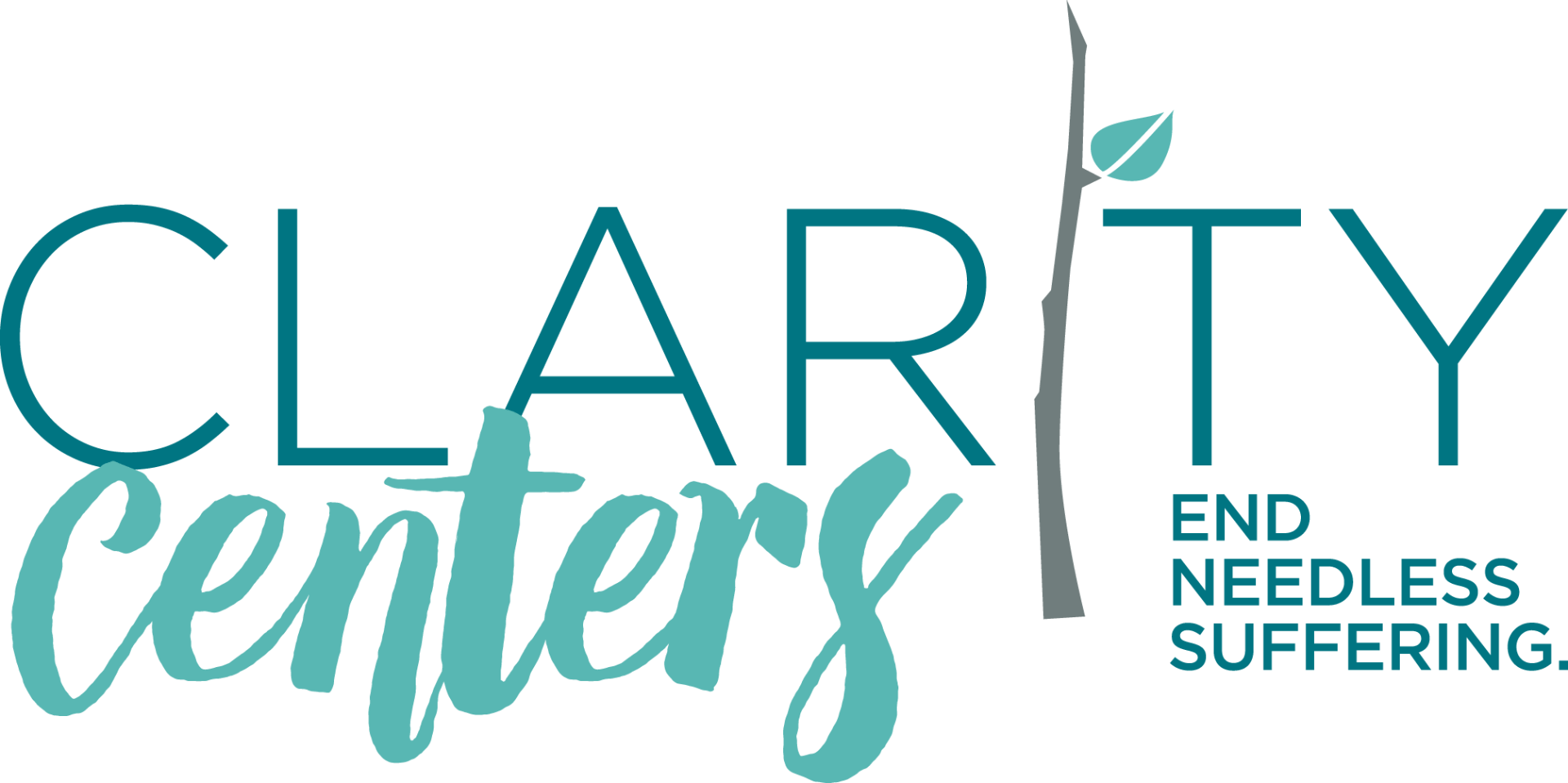Transference and the Therapeutic Relationship

WAS FREUD ON TO SOMETHING?
Something that has always fascinated me about therapy is the transference that can take place throughout treatment. Transference in general refers to the way the client feels about their therapist, which can be positive, negative, or any kind of mix in between. It has roots in psychodynamic theory – Freud believed that transference is an unconscious phenomenon, and that it’s the therapist’s role to act as a “blank screen” for the client to project their subconscious onto during therapy. What is projected onto the therapist is typically indicative of at least one of the issues that they are struggling with.
Freud, for instance, noticed that when certain clients got more comfortable around him, they would start to treat him in an unprofessional manner during sessions, almost like a father figure in some ways. Bringing this up in session could lead to discussions about intimacy, authority figures, father figures, or perhaps even just issues with men in general.
Working through this transference, and making the subconscious conscious, is one of the things that Freud believed would lead to growth/healing in someone’s life.
It seems to me that most people project their own personal struggles onto those around them, even when not in the therapy room, without necessarily being fully aware of it (myself included). I think that this makes logical sense on some level; our past experiences and current beliefs impact our current behaviors. Sometimes our beliefs aren’t entirely accurate, and we can potentially base them off experiences that are painful or experiences that were difficult.
Even taking pain and struggle out of the equation, we all have unique experiences that shape who we are as individuals. We typically react to others based on what is going on within our own minds, regardless of the intent of others. It says more about what is going on with us than with them.
PSYCHOTHERAPY IS A UNIQUE TYPE OF CONVERSATION
The therapy room is a unique place in that (among other things) it is appropriate to have conversations about the dynamics that are taking place in the moment. I was talking with Dr. Hales a few days ago, and for one reason or another we were talking about the therapeutic relationship.
He told me that “everything is grist for the mill”, a sentiment I’ve heard in various other forms over the past few years in this field. Another saying that comes to mind that I heard when I was in graduate school is “the only wrong thing to do is to leave things un-said” or something along those lines.
I think that many individuals feel that they have nothing to say and they don’t want to say the wrong thing. Funnily enough, that is something to talk about in and of itself; telling the therapist that they feel uncomfortable because they don’t know what to talk about, and that they believe they can say something “wrong”.
It’s my belief that this kind of open-sharing in a non-threatening, nurturing, accepting environment from someone who is displaying empathy, compassion, and genuineness, is what leads to growth in individuals.
HOW DOES THIS HAPPEN?
A good question…the answer you will get will often depend on the kind of clinician you’re talking to (i.e. a behavioralist will likely believe that much of the change occurs because of the change in behavior).
My opinion is that change does not occur because of one thing. Working through the transference/what is going on in the room, establishing genuine connection with another human being as they struggle with their emotional turmoil, corrective experiences/validation from the clinician, and experiencing the nurturing support of the clinician all certainly play a role in someone’s personal growth.
Change occurs because of the process, not because of a singular thing (or even a handful of things) that a clinician does or says. I am not far along enough in my career to really fully know the ins and outs of how therapy works, but I feel as though I learn more every day.
What I do know is that the connection that can take place in therapy is a very special thing and it can have a lot of power when it comes to long-lasting change.
